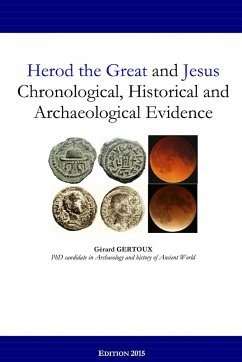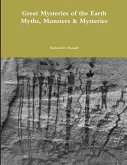The traditional date of 4 BCE for Herod's death, as set forth by E. Schürer (1896), has been accepted by historians for years without notable controversy. However, according to the texts of Luke and Matthew, Herod died shortly after Jesus' birth, which can be fixed in 2 BCE. Consequently, there is apparently a major chronological contradiction, however Josephus gives a dozen synchronisms that enable us to date his death on 26 January 1 BCE just after a total lunar eclipse (9 January 1 BCE) prior to the Passover. Two important events confirm the dating of Herod's death: the 'census of Quirinius' in Syria which was a part of the 'Inventory of the world' ordered by Augustus when he became 'Father of the Country' in 2 BCE and the 'war of Varus' after Herod's death conducted under the auspices of Caius Caesar, the imperial legate of the East, and dated during the year of his consulship in 1 CE.
Hinweis: Dieser Artikel kann nur an eine deutsche Lieferadresse ausgeliefert werden.
Hinweis: Dieser Artikel kann nur an eine deutsche Lieferadresse ausgeliefert werden.








